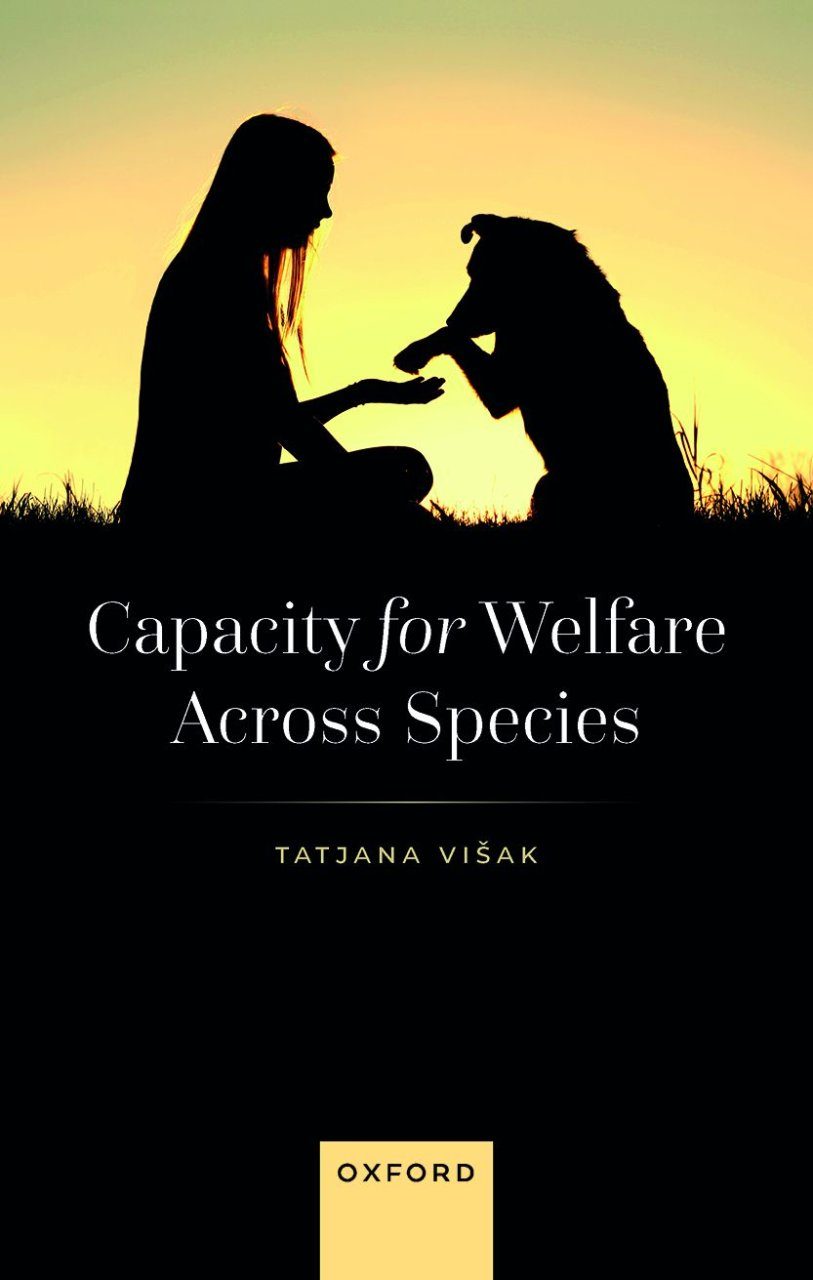2024.10.15 : View this Review Online | View Recent NDPR Reviews
Tatjana Višak, Capacity for Welfare Across Species, Oxford University Press, 2022, 160pp., $98.00 (hbk), ISBN 9780192882202.
Reviewed by Catia Faria, Complutense University of Madrid
We regularly make implicit welfare comparisons across species. Every year, humans kill billions of nonhuman animals for food production. Countless other animals are neglected during natural disasters such as disease outbreaks, wildfires, floods, and hurricanes. These decisions reflect an ingrained sense of comparative welfare, implying a perceived hierarchy of welfare across species. To systematically assess such practices, we must first determine whether different species have equal or varying capacities for welfare.
The prevailing philosophical view—referred to as the Difference View (DIF)—holds that species with higher cognitive or emotional abilities have a greater capacity for welfare and thus experience higher well-being than those with lower capacities. In Capacity for Welfare Across Species, Tatjana Višak challenges this view. She argues that, despite cognitive or emotional differences,…
Read the full article which is published on Notre Dame's Philosophical Reviews (external link)







